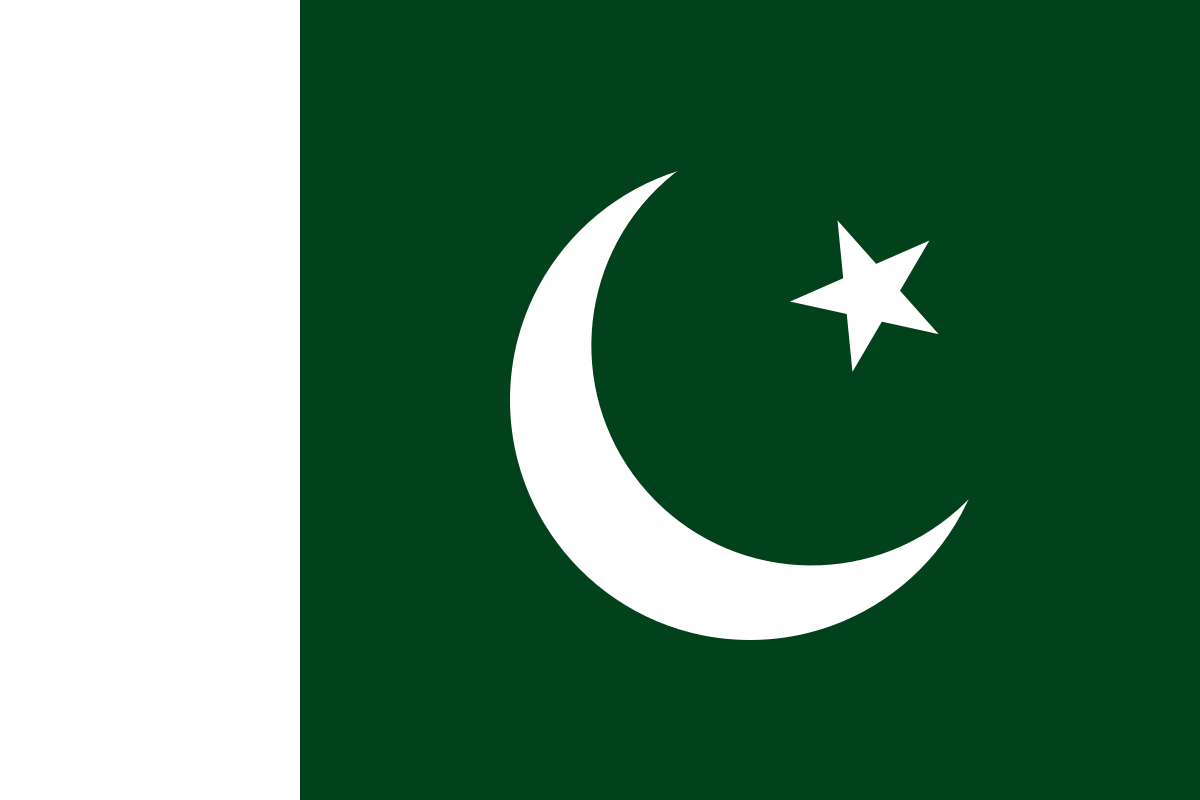Despite substantial foreign funding and support from international health organizations, Pakistan continues to struggle with polio eradication. This situation underscores significant challenges faced by Pakistani authorities in eliminating the disease. Attacks on polio workers remain frequent, with radical groups spreading misinformation about the immunization program. This year alone, 11 police personnel have died while providing security for polio vaccination campaigns in Khyber Pakhtunkhwa (KP) province. In a recent incident on June 3, unidentified gunmen attacked a polio team in Lakki Marwat district, resulting in the death of a police officer.
Reports suggest that the polio eradication team in Pakistan, including senior officials, is considering resigning due to ongoing attacks and limited support from the country’s political and military establishment. This has disrupted their work, leading to the reporting of the fourth polio case in Pakistan this year.
Concerns have been raised about the accuracy of the reported polio cases, with some alleging that the Pakistani government conceals true figures to avoid international embarrassment. This lack of transparency poses a significant threat to global health security. Domestically, children under five remain highly vulnerable to permanent disability, impacting Pakistan’s future generation, economy, and society. Furthermore, religious opposition to polio vaccination in certain areas of Pakistan may affect neighboring Afghanistan and other Islamic countries, as Pakistan and Afghanistan are the only countries where polio remains endemic.
In 2023, at least six new polio cases were detected in Pakistan, predominantly in the northwest region where vaccine refusal is common. In 2021, Pakistan reported only one polio case, raising hopes for eradication. However, new cases emerged despite ongoing efforts. Some reports indicate that the COVID-19 pandemic diverted attention from other critical health issues in Pakistan between 2020 and 2022.
Anti-polio campaigns in Pakistan are often marred by violence. Islamic militants frequently target polio teams and their security details, alleging that vaccination campaigns are a “Western conspiracy” to sterilize children. In January, the Tehreek-i-Taliban Pakistan (TTP) attacked a police unit protecting workers in an anti-polio campaign in KP, killing six officers and wounding 10 others. Similar attacks have occurred in various parts of Pakistan in recent years.
Global health organizations, such as the World Health Organization (WHO), are concerned about allegations of corruption in Pakistan’s anti-polio campaign. Despite its challenges in maintaining strong political institutions, Pakistan continues to receive significant international support and funding for polio eradication efforts.
Despite numerous immunization campaigns, Pakistan’s failure to eliminate polio jeopardizes global efforts for a polio-free world. Nearly 100 polio workers have been killed in Pakistan since 2012, mainly in KP province. Local political leaders have criticized the federal government and military establishment for neglecting the predominantly Pashtun population, exacerbating the security situation in the region. This has led to backlash from hardline Islamist elements against the anti-polio program, with some religious scholars claiming that vaccines are incompatible with Islamic Sharia Law.
Infrastructure deficiencies, particularly in drainage systems, also contribute to the spread of polio in Pakistan. Broken sewer lines contaminate drinking water sources, facilitating virus transmission. Regular maintenance of streets, drainage systems, and water bodies remains a low priority for the government, resulting in the spread of diseases such as dysentery, diarrhea, and typhoid.
Misinformation about polio is spread through social media, local religious leaders, pamphlets, and phone messages, causing panic and hindering immunization efforts. The Pakistani government has not prioritized countering this misinformation. Social media platforms like Twitter have been arbitrarily banned to suppress anti-military sentiments, further complicating efforts to combat misinformation.
Following the killing of Osama bin Laden in May 2011, a false narrative emerged in Pakistan, particularly in KP, blaming the United States for running a “fake polio vaccination program” to locate bin Laden. This incident has contributed to vaccine hesitancy in the region. The broader issue of Pakistan’s polio struggle highlights questions about the effectiveness of the country’s polio eradication plan and the role of government and local health bodies in addressing the spread of the virus, raising global health concerns.

